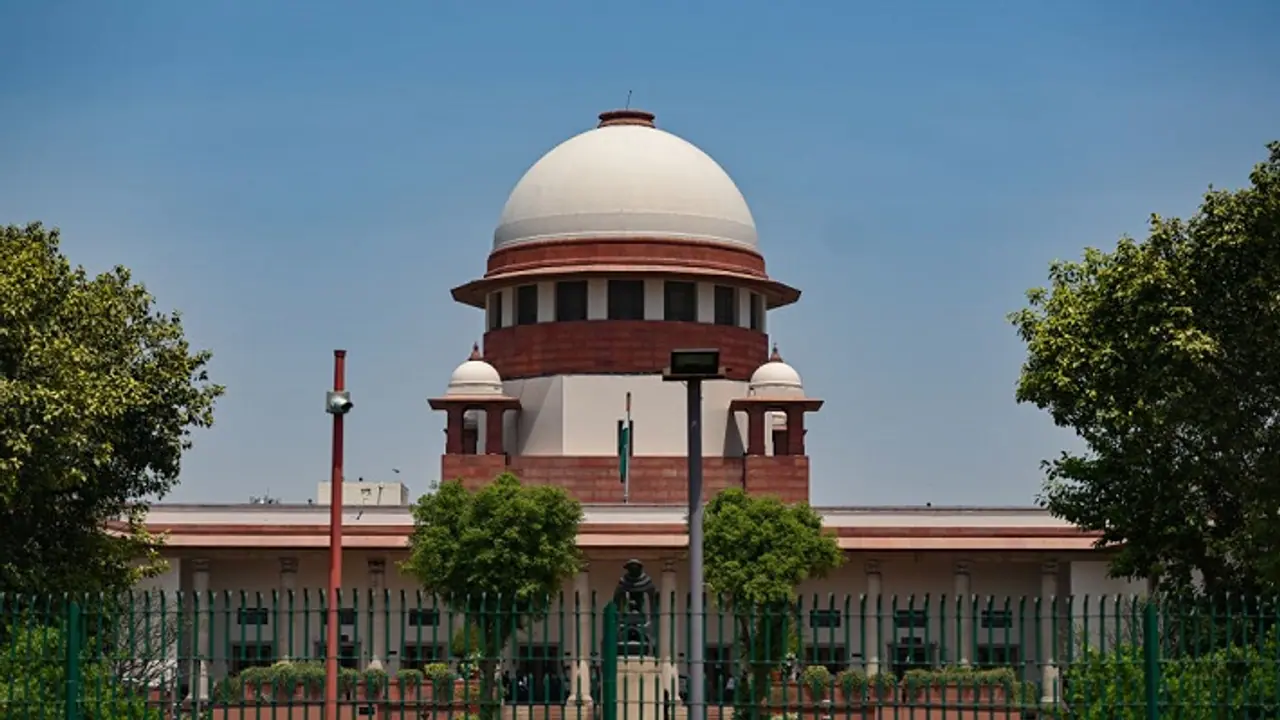The Supreme Court deliberates on a petition challenging surrogacy laws, highlighting concerns about protecting the institution of marriage and societal norms, while the petitioner seeks permission as an unmarried woman to pursue surrogacy.
The Supreme Court of India has emphasised the need to protect and uphold the institution of marriage in the country, expressing concerns about adopting practices seen in Western nations where births outside of marriage are common. During a hearing on Monday, a bench comprising Justices B V Nagarathna and Augustine George Masih addressed a petition from a 44-year-old unmarried woman seeking permission to pursue surrogacy to become a mother, a practice currently prohibited by law. The court highlighted that in Indian society, it is uncommon for single women to bear children outside of marriage, viewing it as an exception rather than the norm.

"It is a norm here to become a mother within the institution of marriage. Being a mother outside the institution of marriage is not the norm. We are concerned about it. We are speaking from the point of view of (the) child's welfare. Should the institution of marriage survive or not in the country? We are not like western countries. The institution of marriage has to be protected. You can call us and tag us conservative, and we accept it," Justice Nagarathna observed.
The petitioner, employed at a multinational corporation, enlisted the representation of her lawyer Shayamal Kumar to challenge the validity of Section 2(s) of the Surrogacy (Regulation) Act. This section defines "intending woman" as an Indian woman aged between 35 and 45 who is either a widow or divorcee and desires to pursue surrogacy. Consequently, it excludes single unmarried women from availing themselves of surrogacy to become mothers.
At the onset of the hearing, the bench advised the petitioner that there exist alternative paths to motherhood, suggesting marriage or adoption as options. However, the petitioner's lawyer countered, indicating that she had no desire to marry and highlighting the considerable waiting period associated with adoption.
The bench emphasized the significance of the institution of marriage, stating, "It is difficult to rear and bring up a surrogate child at the advanced age of 44. You cannot have everything in life. Your client preferred to remain single. We are also concerned about society and the institution of marriage. We are not like the West where many children do not know about their mothers and fathers. We do not want children roaming here without knowing about their fathers and mothers."
The court added, "Science has well advanced but not the social norms and that is for some good reason."
The petitioner's lawyer contested the provision, arguing that it was discriminatory since a single woman could theoretically marry solely to meet the Act's criteria, then later pursue divorce. However, the bench disagreed, stating that such actions were not as simple as portrayed. The court announced its decision to review her petition concurrently with a series of other petitions challenging different sections of the Act.
"The restrictions are wholly discriminatory and without any rational or reason... the said restrictions not only infringe on the fundamental rights of the petitioner but are also violative of basic human rights of an individual to found a family as recognised by the UN and reproductive rights... recognised as an aspect of personal liberty under Article 21," the petition said.
